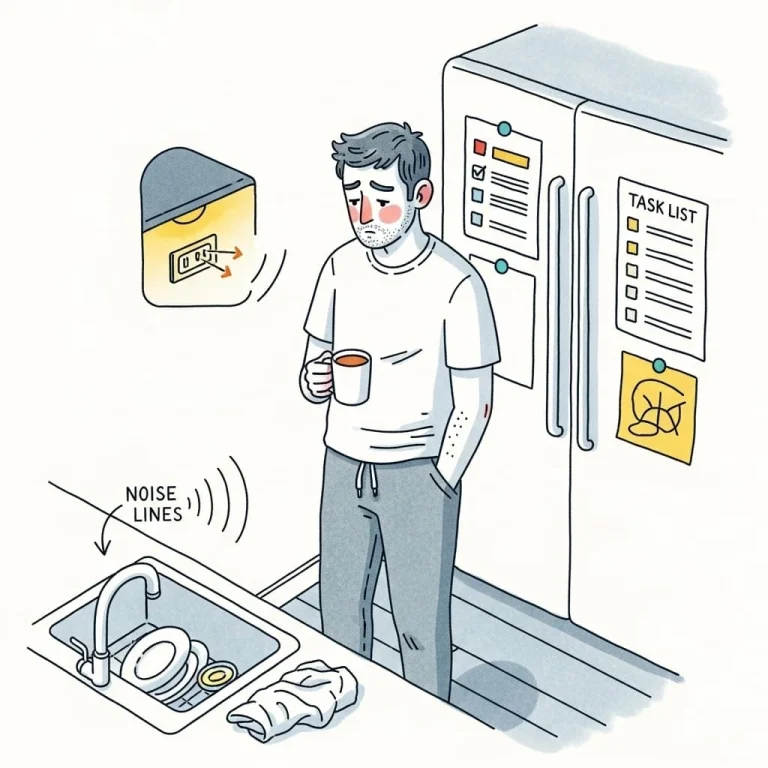Importance of Addressing Compassion Fatigue
When working in healthcare, we often come into contact with other people’s trauma as we attempt to understand their perspective and empathise with their feelings. Compassion is an excellent gift necessary for supporting people.
However, for people that work as healthcare professionals, nurses and carers, developing compassion fatigue is common, and it is vital to notice the first signs and address the symptoms.
Some of the symptoms of compassion fatigue include:
- Emotional and physical exhaustion
- Feeling helpless and powerless
- Feeling sad, irritable or angry
- A lack of emotional self-care
- A lack of physical self-care
- Having a decreased pleasure in activities you used to enjoy
- Feeling detached from other people’s experiences
- Decreased sense of accomplishment
- Sleep disturbances
As soon as these symptoms and warning signs are noticed, it’s important to care for yourself and seek help to prevent compassion fatigue.

Tips for Caregivers to Fight Compassion Fatigue
Overcoming compassion fatigue involves changing your lifestyle, reconnecting with your values and reminding yourself why you work within care.
Being compassionate to yourself is one of the most important steps for overcoming compassion fatigue, and it means setting boundaries, reducing your workload and letting people know that you are having a challenging time. It also means not being afraid to seek professional help. Although it may be challenging to be kind to ourselves sometimes, it is good to remember that we can only be the best support for others if we are the best support for ourselves.
Make Self-Care a Priority
Making self-care a priority is the biggest and most important step towards fighting compassion fatigue and mental health challenges. It is all about caring for yourself and ensuring your physical, mental and emotional health and needs are met.
Self-care tips are essential for building resilience against daily stressors. When you take all the necessary steps, you can expect improved sleep, increased self-awareness, and feel more energised and ready to live your best life. It is important to understand that self-care is not a luxury; instead, it is a priority.
According to the World Health Organization, caring for yourself involves caring for your mind, spirit and body to improve your quality of life. Also, creating good self-care strategies and following new self-care tips greatly contribute to a healthy routine.
Spend Time with Family and Friends
Although it is great to have good relationships with co-workers, it is also as equally important to maintain relationships outside of work. Most of the time, co-workers talk about work-related issues and personal challenges and can be a great support system. Connecting with friends and family can also provide much-needed emotional support.
Socialisation is also one of the key steps to self-care. Although it can sometimes be challenging to make time for friends and family, we must not neglect these relationships when life gets busy. Close connections as essential for your well-being, and the best way to maintain and cultivate close and true relationships is by dedicating time and energy to building relationships with others.
Everyone has different social needs, but the key is to figure out what yours are and find the best way to build connections and devote time in your schedule to have a thriving and positive social life.
Use Positive Thinking to Cope with Stress
How we think about things greatly influences our psychology and mental health. Mental self-care includes doing things you find interesting to keep your mind focused, such as learning about new information or reading books.
Mental self-care is also coping with stress by practising self-compassion, acceptance and involving positive thinking in your daily routines, which helps people maintain a healthier inner dialogue as well. Finding positive coping strategies for stressful situations can help lower your anxiety levels. Some of these strategies involve meditation, deep breathing, and walking.
Spend Time on Hobbies
Having a solid work-life balance helps protect people from compassion fatigue. Burnout and compassion fatigue progress quickly when all your time is focused on working or thinking about work. Studies show that a healthy work-life balance is becoming vital to workers, and allowing them more free time for other activities and personal hobbies helps lower stress levels and improve their quality of life.
There are plenty of hobbies for people to engage in, whether more active and physical or something intellectual like reading books. Physical self-care and exercise help lower blood pressure and increase overall physical health, but having a hobby is also about improving your mood, confidence and mental health.
Set Realistic Expectations
Setting realistic expectations of what you want to achieve and become helps in fighting all of the negative effects that come along with anxiety, compassion fatigue and even depression. We often forget that if we want to help someone, we should lead by example and be empowered by sharing the resilience that helps others overcome their own obstacles.
We cannot control the outcome all of the time, and we also cannot control other people’s reactions. We can, however, focus on our expectations and doing the right thing.
Spend Time in Nature
Spending time in nature has been proven to provide plenty of mental and physical health benefits, such as improving mood and lowering the chances of developing certain medical conditions. Spending a little time in fresh air, outside and in sunlight is known to improve our well-being and is one of the best self-care tips.
Spending time in nature is a great way to recharge, reset and take our minds off our tasks and work. Studies show that just as little as 20 minutes outside significantly lowers stress hormone levels, and it can help lower depression symptoms as well. Another UK study shows that natural light is related to improved quality of sleep which significantly contributes to having a good quality of life.
Seek Professional Help
One of the best tips is to seek professional help to combat compassion fatigue. If you are feeling emotionally overwhelmed, a mental health professional can help you process your feelings and find the best strategies that work for you to combat the effects of compassion fatigue but also maintain a healthy work-life balance.
Therapists or counsellors provide support and help with all aspects of compassion fatigue to help you on your wellness journey and improve your ability to remain healthy in your dream job.
Unique Community Services Puts its Clinicians in the Focus
Unique Community Services is dedicated to improving health outcomes. Our services are committed to delivering bespoke support at home in familiarity and comfort.
Our highly trained clinicians, nurses and mental health professionals utilise strengths-based strategies that provide consistency to the people we support. All of our services are tailored to meet the needs of the people we serve.
Our clinicians are the driving force of compassionate care, and we prioritise the health and well-being of our Family, helping individuals overcome any challenges.
Our offices are located in Manchester and Leeds.
Contact us today to learn how we can support your wellness journey.




